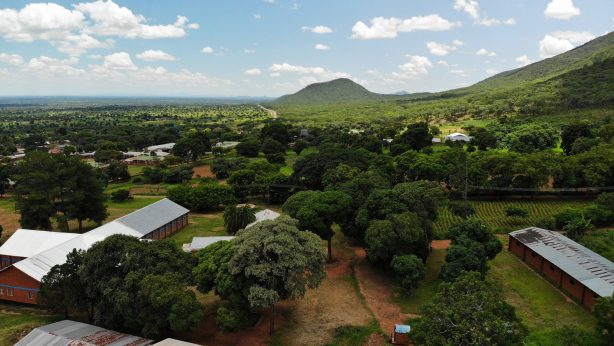Development in Action
This is part of an ongoing series of blogs by our intern Maddy Wilcox-Kerr. She is sharing insights from her time with our team in Malawi.
After a couple of days in Kapita, I am beginning to come to terms with AFT (African Flexible Time). A concept coined by my friend Chawezi to help me understand the flexible nature of Malawian scheduling. The term initially surfaced when we were expecting to do our interviews with Kapita’s largest village. Unfortunately, when we arrived we just missed the villagers. The chief explained to me that many of the women were walking over 16km for our meeting, and they had to return in the afternoon to attend to their household duties. So we rescheduled our meeting and left the village.
Instead of heading straight home, Bright (a fellow Empower Malawi employee) gave me a tour of Kapita Primary School. A school of over 450 pupils and just 5 teachers! Thanks to Empower Malawi and Mzuzu University, Kapita primary school was fully equipped with solar electricity, a rainwater harvesting system, eco-toilet facilities and a kitchen. One of the central projects supported has been the establishment of a 4-acre food forest. This coming semester, the school is going to start their breakfast program for students, using inputs from the garden. It was explained to me that kids as young as 6 years old were expected to walk up to 3 hours a day to go to classes, often alone and in 35-degree heat. Doing so on an empty stomach was not feasible and contributed to poor attendance records in many of the classes. A community supported meal initiative is already in place at the local preschool and it is clearly making a difference for families. Encouraging kids to attend school means that their mothers, who are usually time-poor, are able to increase daily productivity on their farms, thereby improving the overall wealth of the family.
To support the meal initiative, parents organic fruit and veg were grown at Kapita Primary School as part of a permaculture program. The garden was designed and developed by students, staff and parents. Walking around the garden I saw banana trees, pineapples, tomatoes and a variety of exotic African fruits. The fruit was being used to provide the children with the energy essential for focusing in classes, thereby improving their performance. Furthermore, organic farming methods are far less damaging for the soil and increase soil productivity and health. By teaching sustainable practices, Empower Malawi has facilitated improvements to the lifetime of the soil, reduced pollution through heavy fertiliser use and soil erosion. The school permaculture committee of Kapita was provided with the equipment necessary to start the permaculture program and with additional training so they could apply the same practices on their own farms. In fact, several lead(senior) farmers were trained in permaculture practices alongside staff and students. Participation in the school permaculture program is at an all-time high and the future of Kapita is looking brighter and brighter every day.

Checking out the girl’s eco-toilets at Kapita Primary School


